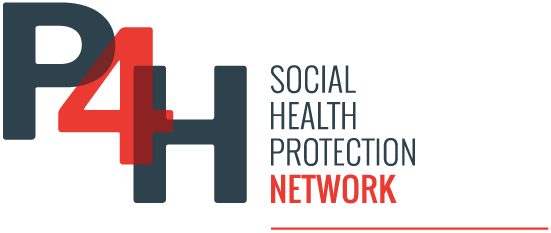Health Financing in Sudan: Insights from the 2023 Conflict
In this article, researchers analyze the impact of the 2023 Sudanese conflict on the country’s fragile health financing system through interviews with key policymakers. Findings reveal that while the conflict has exacerbated resource allocation challenges,...
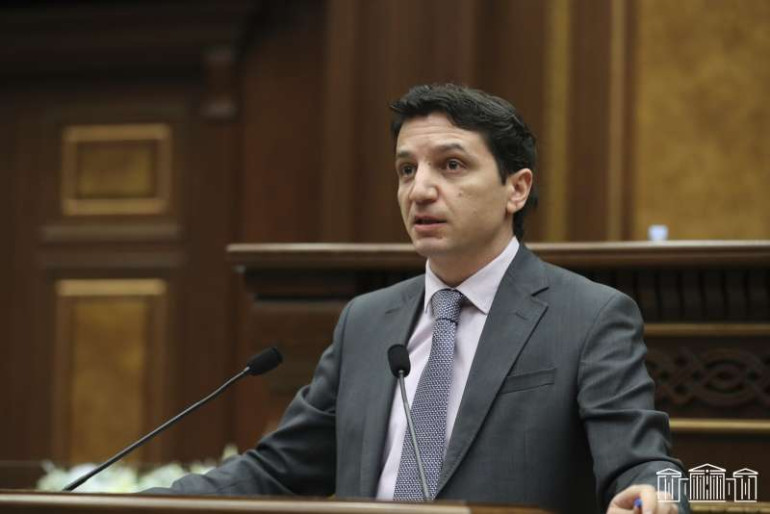
Armenia is postponing universal health insurance introduction due to insufficient funding
The introduction of Universal Health Insurance (UHI) in Armenia is not going to happen in 2025. On November 1, 2024, Armenian Finance Minister Vahe Hovhannisyan said in the Parliament the draft state budget of Armenia for 2025 does not contain funding for UHI...
Exploring the feasibility of sharing information on medicine prices across countries
The OECD’s Health Working Paper 'Exploring the feasibility of sharing information on medicine prices across countries' delves into the potential for countries to share information on medicine prices—a move that could significantly impact affordability and access to...
Health Accounts 2020-2021: Health Spending and Financing in Uruguay
Relevant results are presented for the years 2020 and 2021. Comparisons are made with the expenditure series available since 2005, in particular with the year 2019 as it is the year prior to the COVID-19 pandemic. In 2021 the variation of total health expenditure in...
The transformation of the Mexican healthcare system
A discussion is presented on the balances and consequences of the decentralization of the health system initiated in the 1980s. Subsequently, it develops what the transformation process consisted of based on the centralization of health services in Mexico, the...
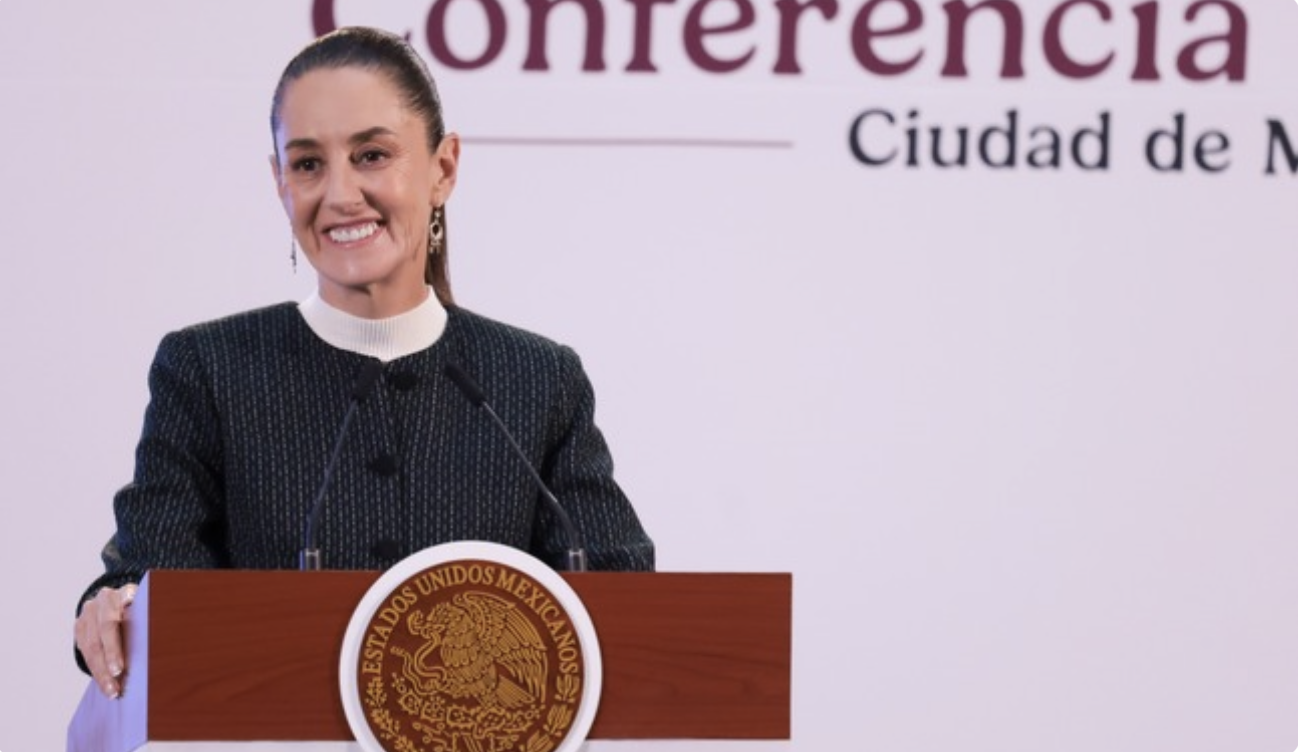
New mechanism for the purchase of medicines and medical supplies in Mexico
This new contracting model will improve efficiency, transparency and the supply of medicines and supplies needed in the health sector.The President of the Republic emphasized that the New Model of Consolidated Procurement of Medicines and Medical Supplies in Mexico...
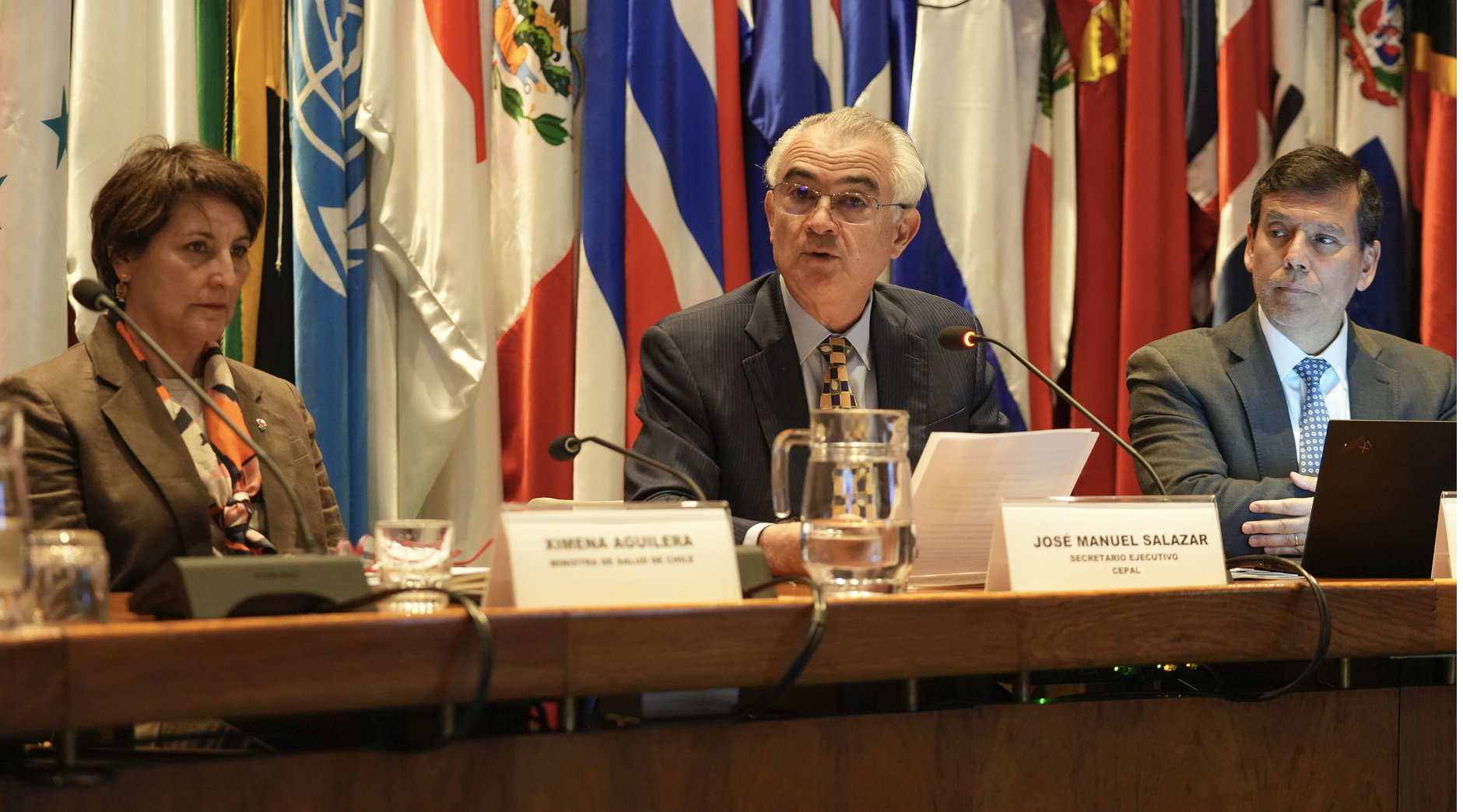
ECLAC and PAHO call for prioritization of health investment in Latin America and the Caribbean
The Executive Secretary of the Economic Commission for Latin America and the Caribbean (ECLAC) and the Director of the Pan American Health Organization (PAHO) called on the countries of the region not to postpone investments in health. The publication highlights the...
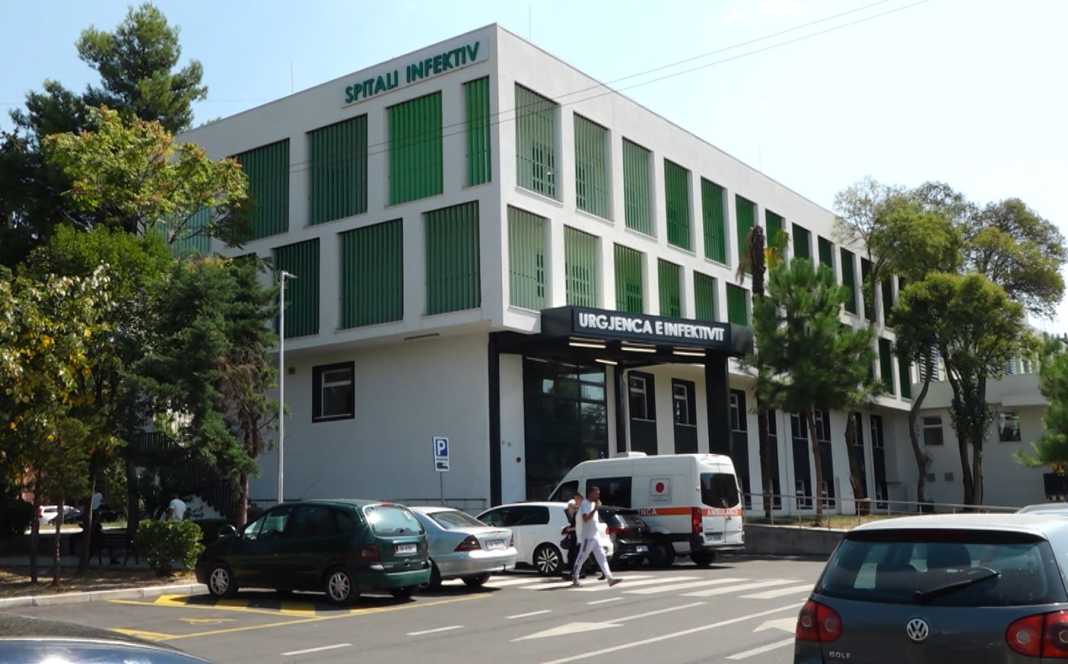
Albanian public expenditure on health in 2025 is planned to be 5% higher than in 2024
The draft budget for 2025, presented by the Health and Social Protection Minister of Albania, is 5% higher for 2025, reaching 103 billion and 375 million ALL. The budget for the Ministry of Health will comprise 9.8% of the general expenses.In 2025, the Ministry of...
Free of charge: National Institutes of Health in Mexico
It shows that 68% of respondents received free care. Using a survey conducted in 17 institutes and hospitals that produced 85% of the consultations of all third level hospitals in 2023. It should be noted that the survey is not representative of all tertiary...
National Health Accounts 2018-2021
In Guinea-Bissau, the first Health Account Report exercise was carried out in 2015 and covered the year 2011. The second was carried out in 2022, covering the period 2015 to 2017, and the third in 2023, covering the period from 2018 to 2021.
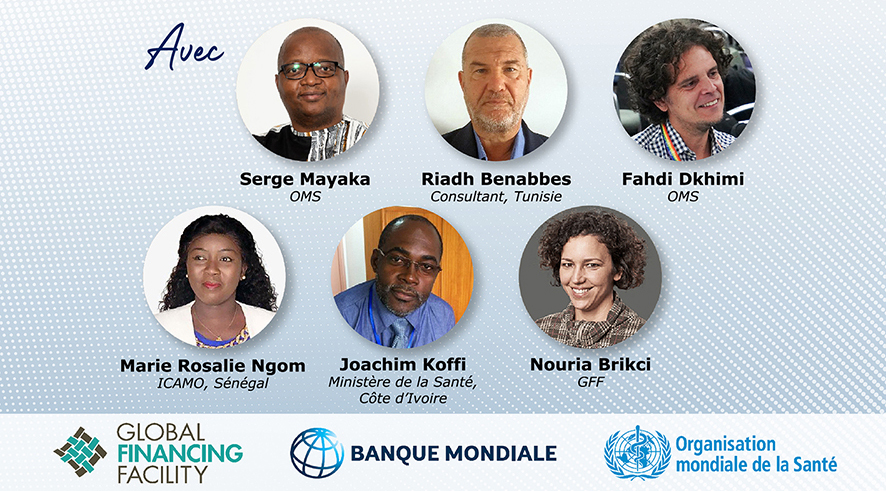
Towards the CSU: Lessons from Tunisia, prospects for Senegal and Côte d’Ivoire
On November 14, 2023, a webinar will be held entitled: "CSU: lessons learned from the Tunisian journey - Regards croisés du Sénégal et de la Côte d'Ivoire." This virtual meeting provides an opportunity to explore a benchmark in the field of social health protection,...
Efficiency of Public Health Spending in Ecuador
It analyzes both the expenditure and the output that this expenditure generates, using official data at the health facility level. The study is complemented by an application that allows the policy maker to query the database, identify improvements in resource...
The COVID-19 pandemic as a catalyst for health system investment in the WHO African region
In the research article "The COVID-19 pandemic: A focusing event to promote domestic investment for health systems strengthening in the WHO African Region," published in SSM-Health Systems, authors Alison T. Mhazo, Arush Lal, and Elias Mossialos examine the COVID-19...
Health Financing Progress Matrix (HFPM) Assessment: Kenya 2023
The HFPM assessment report comprehensively evaluates Kenya's health financing system using the WHO's HFPM framework. This assessment reviews Kenya's progress toward Universal Health Coverage (UHC) by examining key areas of health financing, including revenue raising,...
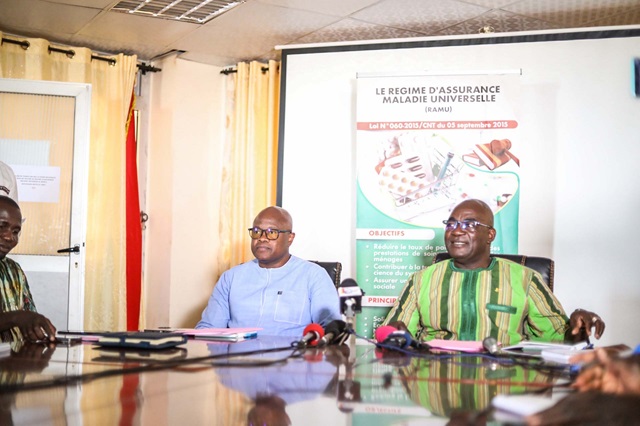
Universal health insurance: Government to inject $30 billion by 2025
More than 1,500 people have received their provisional registration cards and certificates for the universal health insurance scheme. Twelve structures have been affiliated and 199,112 have been pre-registered. This was announced by the Minister in charge of of social...
